This was George Bernard Shaw's response when asked why he supported Eglantyne Jebb in her protest against the Allied Blockade in 1921. Jebb had printed leaflets with photos of starving children (‘Our blockade caused this’) and handed them out in Trafalgar Square. She was arrested and fined, but the judge was so impressed by her that he paid the fine.
This was the first donation to Save the Children which Jebb then founded.

A century later, it’s hard to imagine the news from Gaza getting any worse, but we’re now almost three months into a systematic policy of starvation, as confirmed by Israel’s defence minister.
We hear the news, we recoil, we try to figure what we can do and then we turn away until the next update.
Two articles caught my attention today – Jonathan Freedland’s (as ever) excellent column in the Guardian where – as if it needs to be stated – he reminds us that one morally indefensible act does not excuse or balance a second. Deploying hunger as a weapon of war is, as it always has been and always will be, morally indefensible.
“It does not occur to Netanyahu or his allies that what might undermine Israeli legitimacy in the eyes of a watching world is not the condemnation of Israel’s actions, or the reporting of them, but the actions themselves.”
The second by Hannah Barnes in The New Statesman:
“The Jewish people know more than anyone how damaging collective silence can be. The only thing necessary for the triumph of evil is for good men to do nothing… I know there are others who feel what my father and I feel, too. Who are ashamed of what the current Israeli government is doing. And who want to say: “Not in my name.”
Capitulation
Last week, the Guardian reported on a deep dive investigation by the Soil Association who used freedom of information (FOI) requests to uncover a systematic and sustained attack by a food industry front group on the UK government’s planned policy to improve dietary guidance.
The Food and Drink Federation — who represents some of the biggest companies in the world including Nestlé, Coca-Cola, PepsiCo et al — successfully lobbied the government to drop legal guidance urging retailers to provide deals and discounts on minimally processed and nutritious food. For decades we have been blitzed by discounts and deals on ultra-processed products. Not only are these ‘foods’ unhealthy in themselves, they displace healthy foods. Displacement of nutritious food is an explicit goal of companies who slap discounts and deals on UPFs.
The original government guidance – now ditched – was simply a move to level this crazily-tilted playing field and put people ahead of profit.
Following the investigation, the Soil Association sent a letter to the UK Health Secretary, signed by many UK food and health organisations. It’s also now running a video on social media and a petition encouraging citizens to write to their MPs. The aim is to force a wider public conversation on the politics of food, to jolt the government from its default state of inertia and to highlight the benefits of whole and minimally processed foods/diets. Check out the report: The Whole Truth
Yes, this is a story of the previous (Tory) government’s capitulation – the emails uncovered by the FOI requests were from the period October 2022-April 2023. (we discussed lobbying earlier here, after the Food Foundation released Dark Side of the Plate)
So, the big question is…is the new Labour government any different?
The unfortunate answer is ‘no’ — at least not yet — as you’ll see from this sorry tale of delay added to delay added to delay, all driven by a predatory industry and spineless politicians.
Once again, the government is backpedalling, reneging on its commitments after intense lobbying pressure from Big Food.
Not only is this infuriating…it’s also completely at odds with stated government policy of driving economic growth and prosperity, when we consider the massive drain on the economy driven by unhealthy diets. Why don’t governments join the dots?
Why doesn’t a headline like this force a rethink?
The default to ‘do-nothing’ politics is also completely at odds with what the public wants. Polling by the government’s Food Standards Agency has shown that people are more concerned about ultra-processing than almost anything else - except cost. Less than 2% of respondents said they ‘completely trust’ food corporations to give advice around healthy eating. One in two said they don’t trust them at all.
Earlier this month, the Food, Farming and Countryside Commission released this survey – again showing how the public want action.
In March, the government announced a new Food Strategy Advisory Board would begin the process of developing a clear vision and framework for change. Will it actually use its power now – to re-set the rules and put people first?
Universal truth
Last month, I ran into Mike Berners-Lee in the green room of the Harrogate International Festival where we briefly shared stories of the dark arts in the connected worlds of climate, food and health.
His book A Climate of Truth is simultaneously terrifying and inspiring.
It’s fascinating the way that different folk (working in climate, food, health, environment, equity etc) can arrive at the cascading polycrisis from different angles but often reach very similar conclusions.
About what it looks like, root causes, roadblocks and options for responding.
Mike’s book is packed with pithy insights and hard-nosed recommendations. He does not mince words.
My takeaways — most of which resonate with the food system challenges we face:
We need a systemic re-set – a new mode of operation with different rules and processes.
As part of this, we need to address the trinity of failure – ‘business as usual, media as usual, politics as usual’.
We need to unravel the polycrisis, layer by layer (see graphic) to understand it and to be better able to respond to it (revelation before revolution)
Political systems, parties and politicians come and go, but principles are universal and timeless.
Markets are not free. They need to be ‘adequately moderated by regulations and laws and just as importantly by public insistence on cultural values of fairness and equity’
What’s the point of economic growth? Why is GDP still being used?
In human systems, innovation powers efficiency improvements that power continuing growth. This is because the efficiency gain is more than offset by the volume of activity that’s generated by the innovation. (this was new to me.) Growth begets growth begets growth — just as power begets power begets power.
We have developed societies based on consumerism rather than citizenship
We must consume less and be more
The biggest roadblocks are not technological
We cannot use the same thinking that got us into this mess. We need new thinking skills:
In any regulation, it’s always possible for large corporations to find and exploit loopholes. We need a culture in which going against spirit of law triggers a greater penalty than the benefit of doing so. The penalties for corporate malpractice need to be higher than its benefits.
Yes, companies have a fiduciary duty to maximise value – but surely we have reached a point where we redefine ‘value’
Core values should comprise respect for people, environment and truth. We need honesty, kindness/care and joined-up thinking.
Most people want action but don’t realise how many others want it too
Survey of public views on climate are very similar to those on food re: desire for government to act/do more
Appendix 1 is a ‘Taxonomy of Deceit’ — a catalogue of lies, probable lies, white lies, subtle twists, failure to correct errors, silence, loopholing, misdirection of attention, biased gathering or selection of evidence, historical alteration, false impression, fake judgement, hidden motive, burying bad news and camouflage…phew!
IFPRI @ 50
Along with a stellar team comprising Marie Ruel, Deanna Olney, Jef Leroy and Anu Singhkumarwong, I’ve been working on the nutrition and diets chapter of a special anniversary edition of the 2025 Global Food Policy Report “Food Policy Lessons and Priorities for a Changing World
The chapter paints a historical picture of the evolution of nutrition-relevant policy and programming, highlighting IFPRI contributions and responses along the way. It will be available to download on Wednesday when you can watch the launch here.
Words
It’s been an interesting couple of weeks since ‘Food Fight’ launched in Canada. Last week I was on breakfast TV twice…despite mistakenly believing I was on the radio for one of them (it was only when I was asked to turn my camera on, 30 seconds before going live, that the penny dropped). These segments are super-fast – you’re expected to channel the essence of a 90,000 word book into three minutes, in real time, for a hidden audience of thousands, while somehow also making it meaningful and interesting and locally relevant…and doing so without any advance notice of the imminent barrage of quick-fire questions!
Bring back the days of “In conclusion, our research shows….” 😊
Earlier, I wrote this op-ed for The Guardian: It’s time to stop the great food heist
“The global food system has been captured by a few rapacious transnational companies that profit from public ill-health while using an array of tactics to stop governments getting in their way. When viewed through the prism of power, this is more like a heist than a dietary transition.”
Food Fight is now available here:
UK (original hardback)
CANADA (‘exploding tomato’, paperback)
USA (paperback, to be published 2 September) :




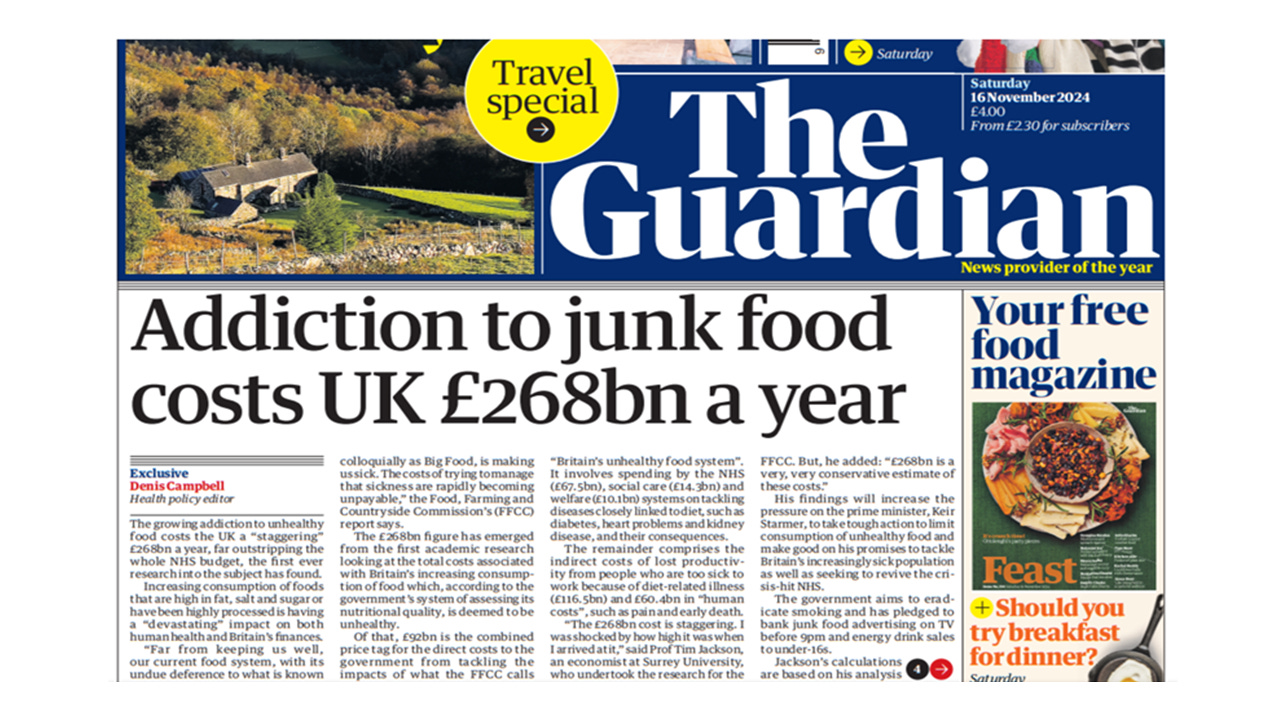
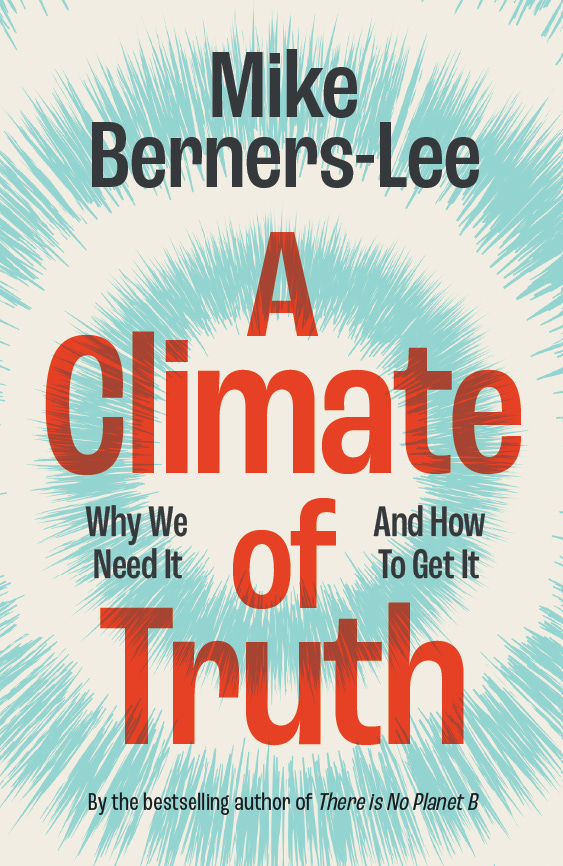
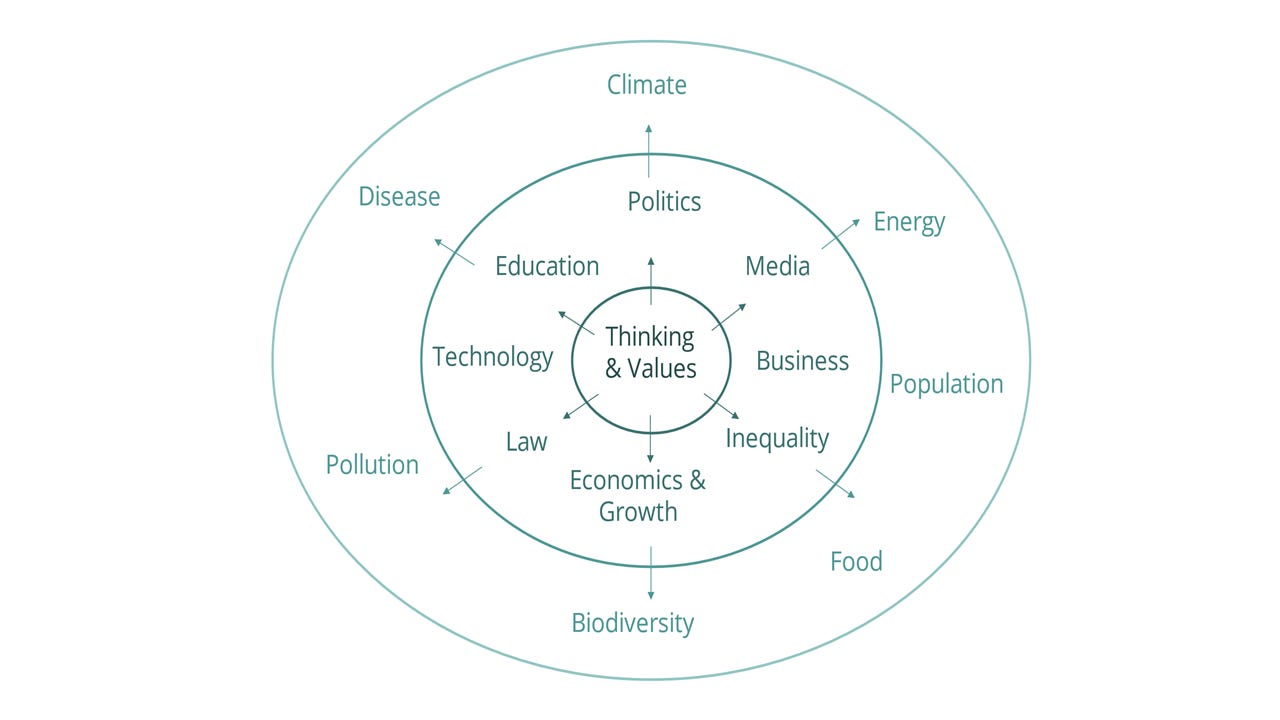
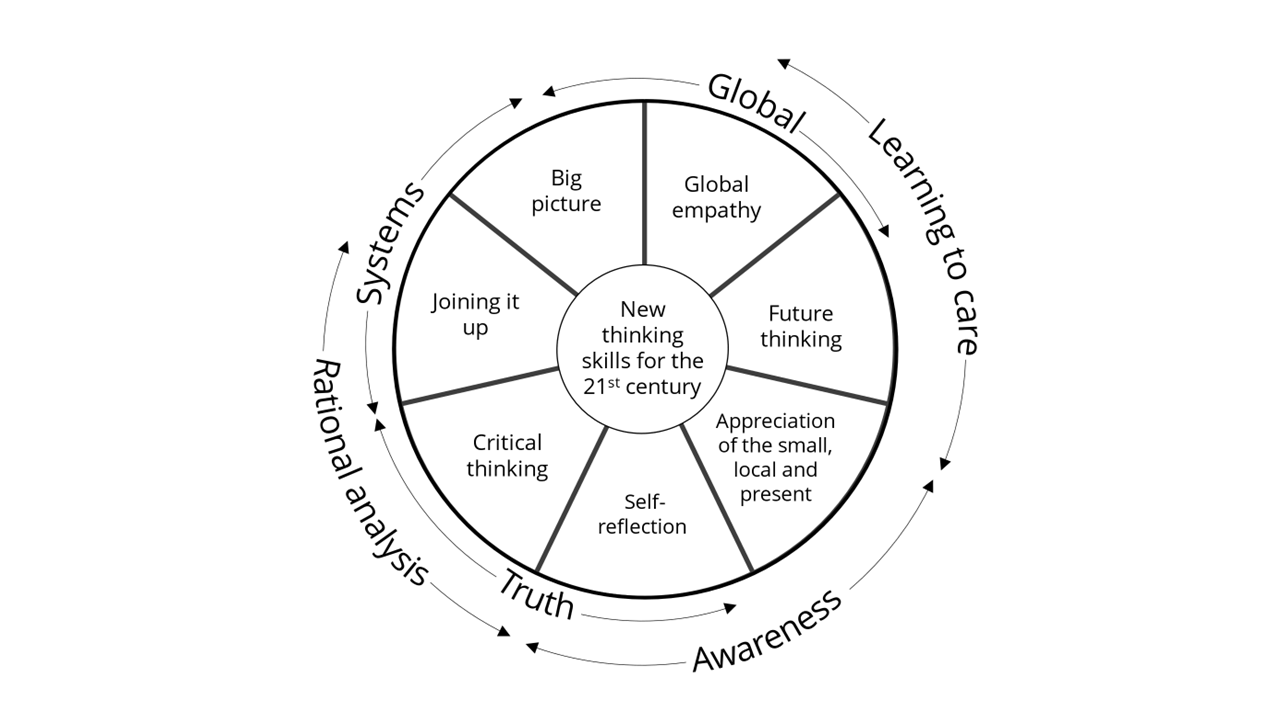
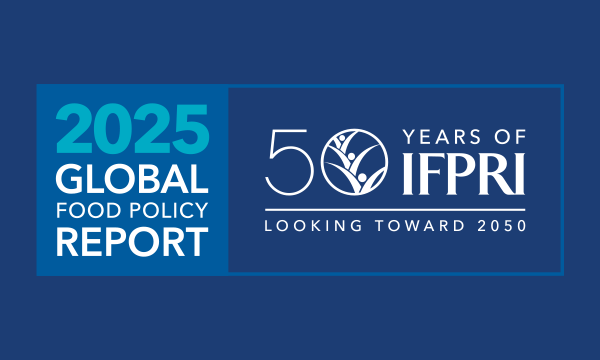
this is great...thanks stuart